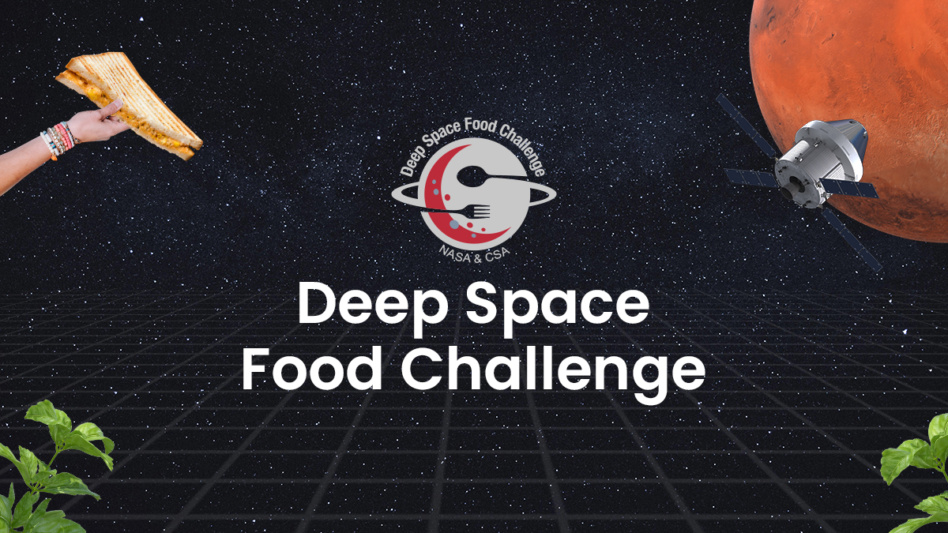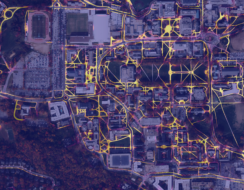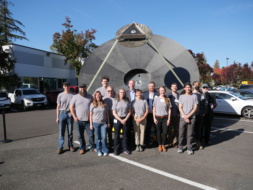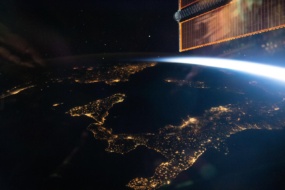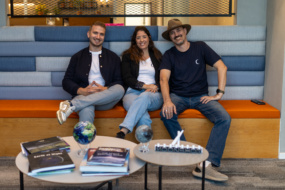While regular cargo deliveries of dehydrated meals have kept astronauts well fed on the ISS, extended trips in space will require astronauts to grow their own food.
NASA and CSA joined together to address this problem with The Deep Space Food Challenge, a competition that’s tapped industry to put forward novel ideas and new technologies to keep astronauts fed on extended journeys to the Moon, Mars, and beyond.
A team from Interstellar Lab won the top US prize of this challenge on Friday, taking home $750,000 for their Nutritional Closed-Loop Eco-Unit System (NUCLEUS) self-sustaining food production system.
How it works: NUCLEUS is made up of nine interconnected modules—six for food production and three for system-support functions—forming a closed-loop that can grow microgreens, vegetables, mushrooms, and even insects.
The system is designed to be 90% automated, so that the crew need only inspect and maintain the hardware.
Other competitors: Out of the 300+ teams from 32 countries that participated in the challenge, only a handful made it to the final round, while only the US teams share in the Phase 3 prize pool of $1.5M. The challenge demonstrated new takes on in-space food production including:
- Nolux: The only academic team that made it to Phase 3 of the challenge. Nolux won $250,000 for its artificial photosynthesis system that can produce plants and fungi without biological photosynthesis.
- SATED: The Colorado-based team from Ascent Technologies also won $250,000 for SATED, a cooking appliance that allows astronauts to create custom meals from pre-packed and in-situ grown ingredients.
- Solar Foods: Recognized as the winner of the international category, Solar Foods uses electricity and CO2 to grow a protein called Solein, which can provide a source of nutrition without the need for agriculture.
- Enigma of the Cosmos: Runner-up in the international category, from Australian-based Gaia Project, Enigma is an adaptive growing system for leafy and microgreens that increased the efficiency of growth by 40%.
- Mycorena: Runner-up of the international category from Spain, Mycorena uses a combination of fungi and algae to create an alternative protein that can replace meat.
Ultimately, the competitors’ goal is to provide meals to astronauts on future space missions, but in the meantime many of these companies will begin selling their products on Earth.
